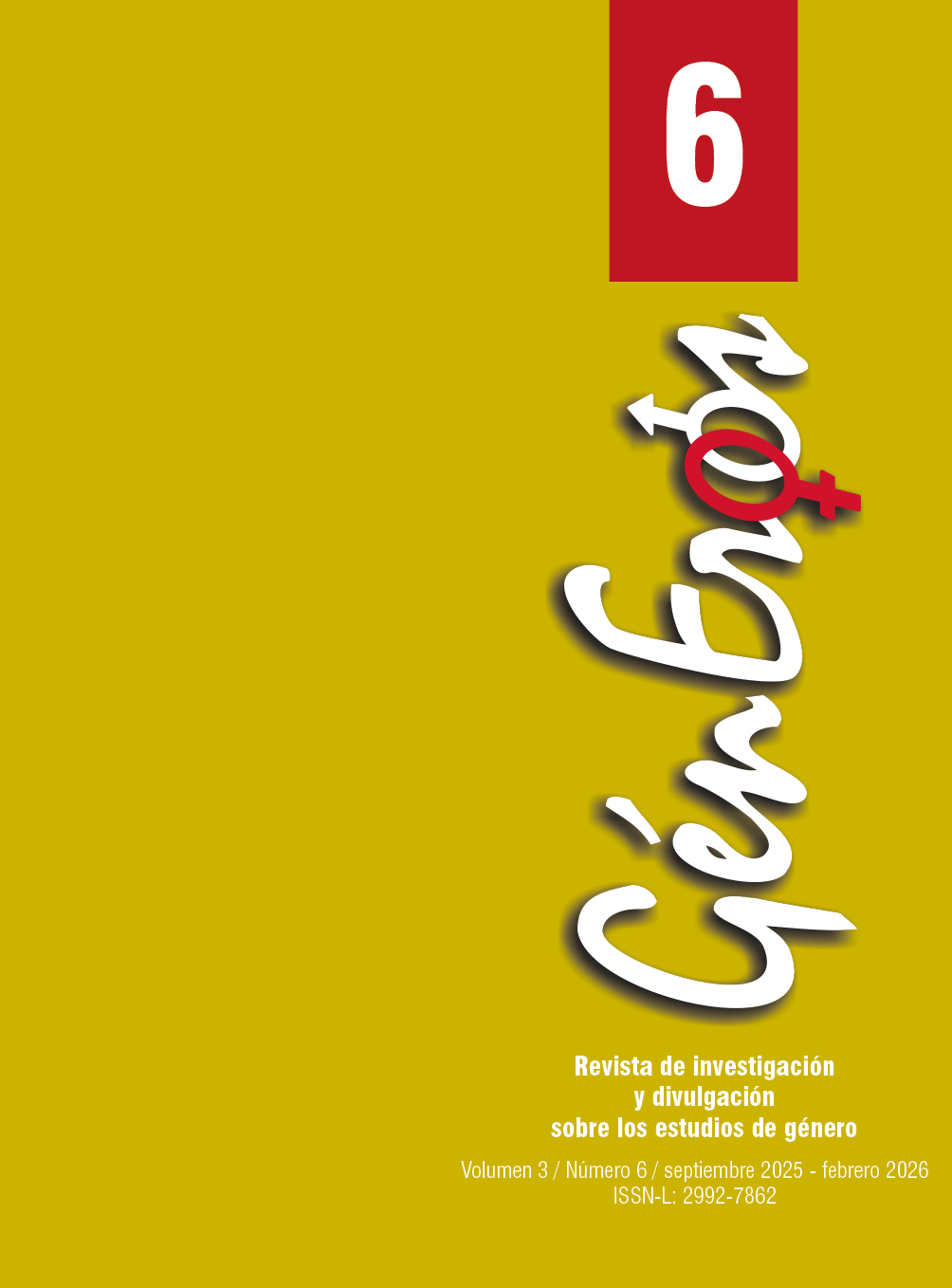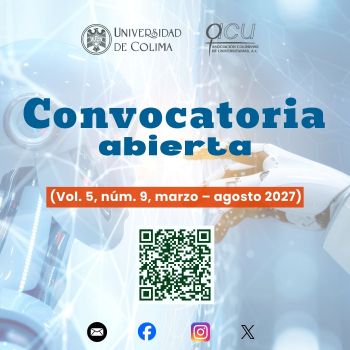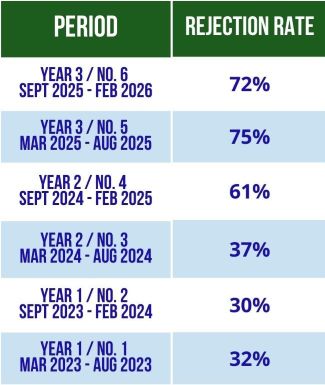Systemic Therapy for Families with Transgender Children from a Third Order Perspective
DOI:
https://doi.org/10.53897/RevGenEr.2025.6.12Keywords:
systemic therapy , third-order thinking, trans families, gender perspective, feminist critiqueAbstract
This theoretical essay critically examines systemic therapy in the context of families with trans children, highlighting the need for theoretical and methodological evolution that addresses gender diversity and contemporary sociocultural transformations. The objectives are to analyze the limitations of traditional systemic approaches concerning gender diversity and to propose a transition toward third-order thinking that incorporates feminist and diversity perspectives. The methodology involves a theoretical and epistemological review of literature on systemic therapy and gender, emphasizing structural barriers and disciplinary biases that have rendered trans experiences and their families invisible within clinical practice. Elements of narrative therapy and the postmodern shift are identified as potential enhancements for inclusivity and efficacy within the systemic approach. Findings indicate that third-order thinking, by integrating relational and intersectional approaches, facilitates a deeper understanding of gender identity within family systems and promotes more inclusive therapeutic practices. Reformulating systemic therapy under these premises not only benefits families with trans children but also contributes to broader cultural transformation
Downloads
Metrics
References
Acevedo, D.; Cantero, K. y Londoño, A. (2020). Implicaciones familiares frente al cambio de identidad de género: relatos de cuatro personas transgénero de Medellín. Trabajo de grado, Tecnológico de Antioquia, Institución Universitaria. Repositorio Institucional TDEA. https://dspace.tdea.edu.co/handle/tdea/806
Anderson, H. (1997). Conversation, language, and possibilities: A postmodern approach to therapy. Basic Books.
Aramburu, C. (2018). Supporting families of transgender children/youth: Parents speak on their experiences, identity, and views. International Journal of Transgenderism, 19(2), 132-143. https://doi.org/10.1080/15532739.2018.1450798
Avilés, F.; Espejel, E. y Fortes, J. (2000). Celebrando los 70 años de vida de Raymundo Macías Avilés, pionero de la terapia familiar en México. Psicoterapia y familia en 16(2): 73-77.
Batalla, P. (2016). El duelo vivido por los padres en el tránsito de la diversidad de género de sus hijos/as. Tesis de grado, Universidad de la República, Uruguay. Colibrí – Repositorio Institucional. https://www.colibri.udelar.edu.uy/jspui/bitstream/20.500.12008/8567/1/Batalla%2C%20Paola.pdf
Beyebach, M. y Rodríguez, A. (1993). La proyección al futuro como técnica de negociación de objetivos en terapia familiar. Taller presentado en las XIV Jornadas de Terapia familiar, Santiago de Compostela. https://doi.org/10.36576/summa.28117
Butler, C. A. (2009). Sexual and gender minority therapy and systemic practice. Journal of Family Therapy, 31(4), 338-358. https://doi.org/10.1111/j.1467-6427.2009.00472.x
Butler, J. (1993). Bodies that matter: On the discursive limits of “Sex”. Routledge.
Butler, J. (1997). Excitable speech: A politics of the performative. Routledge.
Chavira, A. P. y Treviño, S. (2024). Apuntes sobre igualdad de género: Reconocimiento de la identidad autodeterminada. Suprema Corte de Justicia de la Nación.
Cibanal, L. (2006). Introducción a la sistémica y terapia familiar. Club Universitario.
Duval, E. (1988). Family development. Lippincott.
Espinal, I.; Gimeno, A. y González, F. (2006). El enfoque sistémico en los estudios sobre la familia. Revista internacional de sistemas, 14(4), 21-34. https://www.uv.es/jugar2/Enfoque%20Sistemico.pdf
Feinmann, J. P. (2008). La filosofía y el barro de la historia. Planeta.
Gergen, K. J. (1985). The social constructionist movement in modern psychology. American Psychologist, 40(3), 266-275. https://doi.org/10.1037/0003-066X.40.3.266
Gergen, K. (1994). Realities and relationships: Soundings in social construction. Harvard University Press.
Gergen, K. J. (2007). Construccionismo social: Aportes para el debate y la práctica. Universidad de los Andes.
Gómez-Lamont, M.F. y Silva, A. (2019). La terapia familiar y la comunidad LGBT+. UNAM. FES Iztacala, LEED.
Gómez-Lamont, M. F. y Bermudez, J. M. (2023). La terapia familiar sistémica y el pensamiento de tercer orden. UNAM| FES-Iztacala| LEED.
Gómez, M. F. (2015). Hacia una terapia familiar feminista para homosexuales. Revista Electrónica de Psicología Iztacala, 18(4). https://www.revistas.unam.mx/index.php/repi/article/view/53446
Grupo de Trabajo para el abordaje integral de la atención a personas transexuales. (2016). Guía de atención integral a las personas en situación de transexualidad: Actuaciones recomendadas desde los ámbitos educativo, social y sanitario. Servicio Central de Publicaciones del Gobierno Vasco.
Hacking, I. (1999). The social construction of what? Harvard University Press. https://doi.org/10.2307/j.ctv1bzfp1z
Haley, J. (1976). Problem-solving therapy. Harper & Row.
Haslanger, S. (2000). Gender and race: (What) are they? (What) do we want them to be? Noûs, 34(1), 31-55. https://doi.org/10.1111/0029-4624.00201
Heller, J. (1972, 26 de julio). Syphilis victims in U.S. study went untreated for 40 years. The New York Times.
Hoffman, L. (1991). Foundations of family therapy: A conceptual framework for systems change. Basic Books.
Jackson, D (1965). Reglas familiares: Quid Pro Quo marital. Archon Books.
Keeney, B. (1983). Aesthetics of change. Guilford Press.
Londoño Areiza, L. D. y Rincón García, E. Y. (2022). El proceso de transición de género: Vivencias de una niña transgénero y su familia, habitantes del municipio de Tuluá - Valle del Cauca. Tesis de grado, Universidad Antonio Nariño. Repositorio Institucional UAN. http://repositorio.uan.edu.co/handle/123456789/7545
Lorenzo, A. M. (2023). Familias con menores trans. Propuesta de intervención desde el área profesional del trabajo social. Tesis de grado, Universidad de Valladolid. UVaDOC. https://uvadoc.uva.es/bitstream/handle/10324/62589/TFG-G6439.pdf?sequence=1&isAllowed=y
Luepnitz, D. A. (2002). Feminism, psychoanalysis, and family therapy: Reflections on telos. Journal of Family Therapy, 24(3), 305-314. https://doi.org/10.1111/1467-6427.00054
Lyotard, J.-F. (1984). The postmodern condition: A report on knowledge (G. Bennington y B. Massumi, Trans.). University of Minnesota Press. https://doi.org/10.2307/1772278
Manrique, E. (2013). Transformaciones en el modelo familiar aceptación, acogida y reconocimiento de la situación transgénero. Tesis de grado, Universidad de Chile. https://repositorio.uchile.cl/handle/2250/130829
McDowell, T. (2015). Applying critical social theories to family therapy practice. Springer. https://doi.org/10.1007/978-3-319-15633-0
McDowell, T.; Knudson‐Martin, C. y Bermudez, J. M. (2019). Third‐order thinking in family therapy: Addressing social justice across family therapy practice. Family Process, 58(1), 9-22. https://doi.org/10.1111/famp.12383
Middleton, A. (2022). Adventures in time, gender and therapeutic practice. Embracing a queer systemic way of working with gender expansive families. Murmurations: Journal of Transformative Systemic Practice, 5(2), 28-44. https://doi.org/10.28963/5.2.4
Minuchin, S. (1974). Families and family therapy. Harvard University Press.
https://doi.org/10.4159/9780674041127
Molina, N.; Guzmán, O. y Martínez-Guzmán, A. (2015). Identidades transgénero y transfobia en el contexto mexicano: Una aproximación narrativa. Quaderns de psychologies. International Journal of Psychology, 17(3), 71-82. https://doi.org/10.5565/rev/qpsicologia.1279
Moreno, A. (2022). La transexualidad y la socialización de género en la infancia. Tesis de grado, Universidad de Jaén. Repositorio Institucional de la Universidad de Jaén. https://crea.ujaen.es/handle/10953.1/19049
Parra, N. (2021). Transiciones y soportes. La familia y la comunidad en las trayectorias biográficas de adolescentes trans. Quaderns De Psychologies, 23(1), e1636. https://doi.org/10.5565/rev/qpsicologia.1636
Roach, E. (2018). Connection failure: Systemic disadvantages facing the LGBTQ+ community in therapy and how to address them. https://doi.org/10.18192/jpds-sjpd.v2i1.2714
Ryan, C.; Russell, S. T.; Huebner, D.; Diaz, R. y Sanchez, J. (2010). Family acceptance in adolescence and the health of LGBT young adults. Journal of Child and Adolescent Psychiatric Nursing, 23(4), 205–213. https://doi.org/10.1111/j.1744-6171.2010.00246.x
Sedgwick, J. M. (2022). Therapy and diversity – An (un)therapeutic relationship? European Journal of Psychotherapy & Counselling, 25(1-2), 29-43. https://doi.org/10.1080/13642537.2022.2156158
Serón, T. y Catalán M. (2021). Identidad de género y salud mental. Revista Chilena de Neuro-psiquiatría, 59(3), 234-247. https://doi.org/10.4067/s0717-92272021000300234
White, M. y Epston, D. (1990). Narrative means to therapeutic ends. W. W. Norton.
Published
How to Cite
Issue
Section
License
Copyright (c) 2025 Ana Cristina Pérez Orozco, Lucía Pérez Sánchez, Mario Fausto Gómez Lamont

This work is licensed under a Creative Commons Attribution-NonCommercial-ShareAlike 4.0 International License.
GénEroos Magazine allows you to share, copy and redistribute the material in any medium or format; adapt, remix, transform and build upon the material, crediting the work appropriately and providing a link to the licence, indicating if changes have been made.












